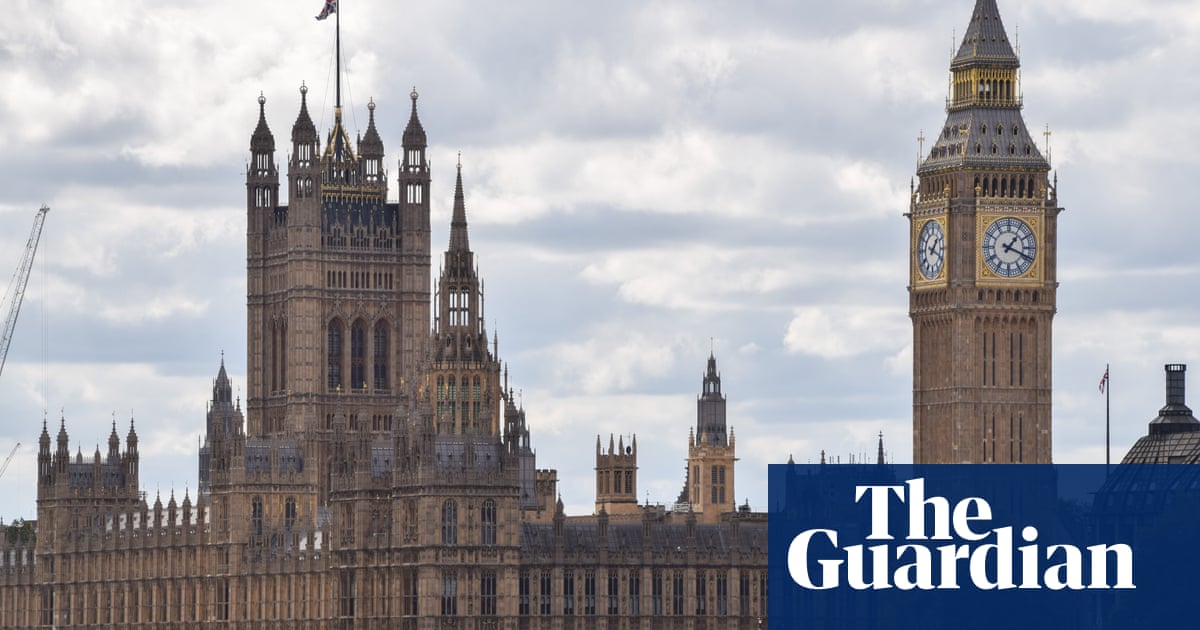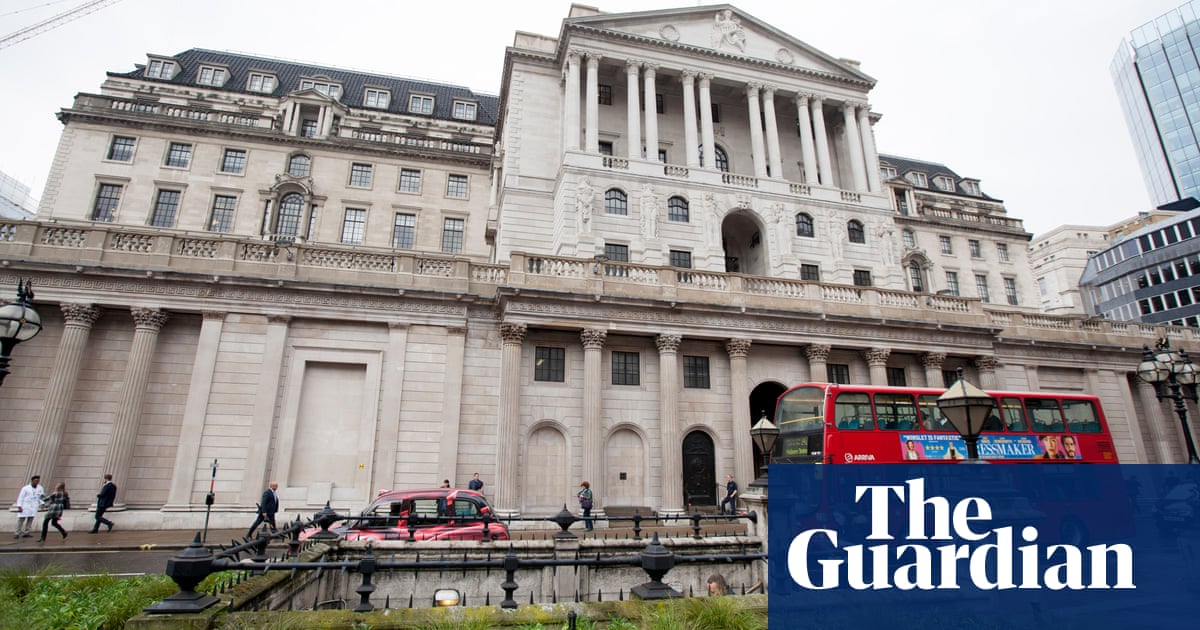
China has tried to headhunt British nationals from the government, industry and the military, Downing Street has said, days after it emerged a parliamentary researcher had been arrested for alleged spying on behalf of Beijing.
Number 10 said on Thursday that Beijing’s cyber and human intelligence gathering was prolific, adding that more needed to be done to protect British institutions, in a summary of the threat from China prepared for MPs.
The targeting of civil servants – both past and present – was particularly marked, Downing St said, forcing MI5 and other intelligence agencies to be “acutely aware and vigilant” in safeguarding official information.
Many Chinese hacker groups responsible for “malicious cyber-activity also appear to be linked to the Chinese state”, No 10 said, including the country’s People’s Liberation Army and its ministry of state security.
The domestic intelligence agency MI5 runs “seven times as many investigations into Chinese activity than in 2018”, the response said, and has plans to expand further, taking budgets that were once spent on counter-terrorism.
The comments came as part of the government’s official response to a report in July by the intelligence and security committee (ISC) that found China posed a national security threat to the UK. That report said the British government lacked the “resources, expertise or knowledge” to tackle the threat posed by Beijing.
Since then it has been revealed that two people have been arrested regarding suspected spying on British parliamentary activities, putting further pressure on Rishi Sunak to take a tougher line towards Beijing.
In Sunak’s response to the committee’s report, he said: “Measures [the government is taking] will enable our law enforcement and intelligence agencies to deter, detect and disrupt the full range of modern-day threats, including from China.
“I am acutely aware of the particular threat to our open and democratic way of life.”
Downing St said ministers were reviewing “the use of confidentiality contracts and non-disclosure agreements” in defence after it emerged that China had been trying to recruit former RAF pilots, in an apparent attempt to learn more about Nato-standard fighter planes.
Nevertheless, the government ruled out taking some of the action recommended by the committee. Number 10 said, for example, it would not ban Chinese-backed Confucius Institutes, despite concerns that Beijing uses them to influence British political debate, saying it would be “disproportionate” to do so.
The response also spelled out that the British government’s assessment was that it was highly likely that the Covid-19 virus, first detected in China, was naturally occurring – and set aside the rival theory that it emerged via a leak from a lab in Wuhan, describing that as unlikely.
Downing Street also sought to argue that some of the MPs’ original concerns were out of date. “Since evidence was taken for this report, the government has introduced and passed the National Security Act 2023, which overhauls the United Kingdom’s espionage laws and will provide law enforcement and intelligence agencies with new and updated tools to deter, detect and disrupt modern-day state threats,” it said.
These comments, however, drew a sharp reply from Julian Lewis, the committee’s chair, who said in response: “It is misleading repeatedly to imply – as the government does – that our findings are outdated.
“Until two months before publication, we monitored all relevant developments and noted them throughout the report. This was not difficult to do given the glacial pace at which the government’s China policy developed.”
The debate around UK government policy towards China comes as Sunak attempts to engineer a tentative rapprochement with Beijing. Earlier this year, James Cleverly became the first UK foreign secretary in five years to travel to Beijing for an official trip, while this weekend, Sunak met the Chinese premier, Li Qiang, on the sidelines of the G20 in New Delhi.
In his response to the ISC, Sunak said he wanted “a relationship [with China] in which there was room for cooperation, understanding, predictability and stability”.












